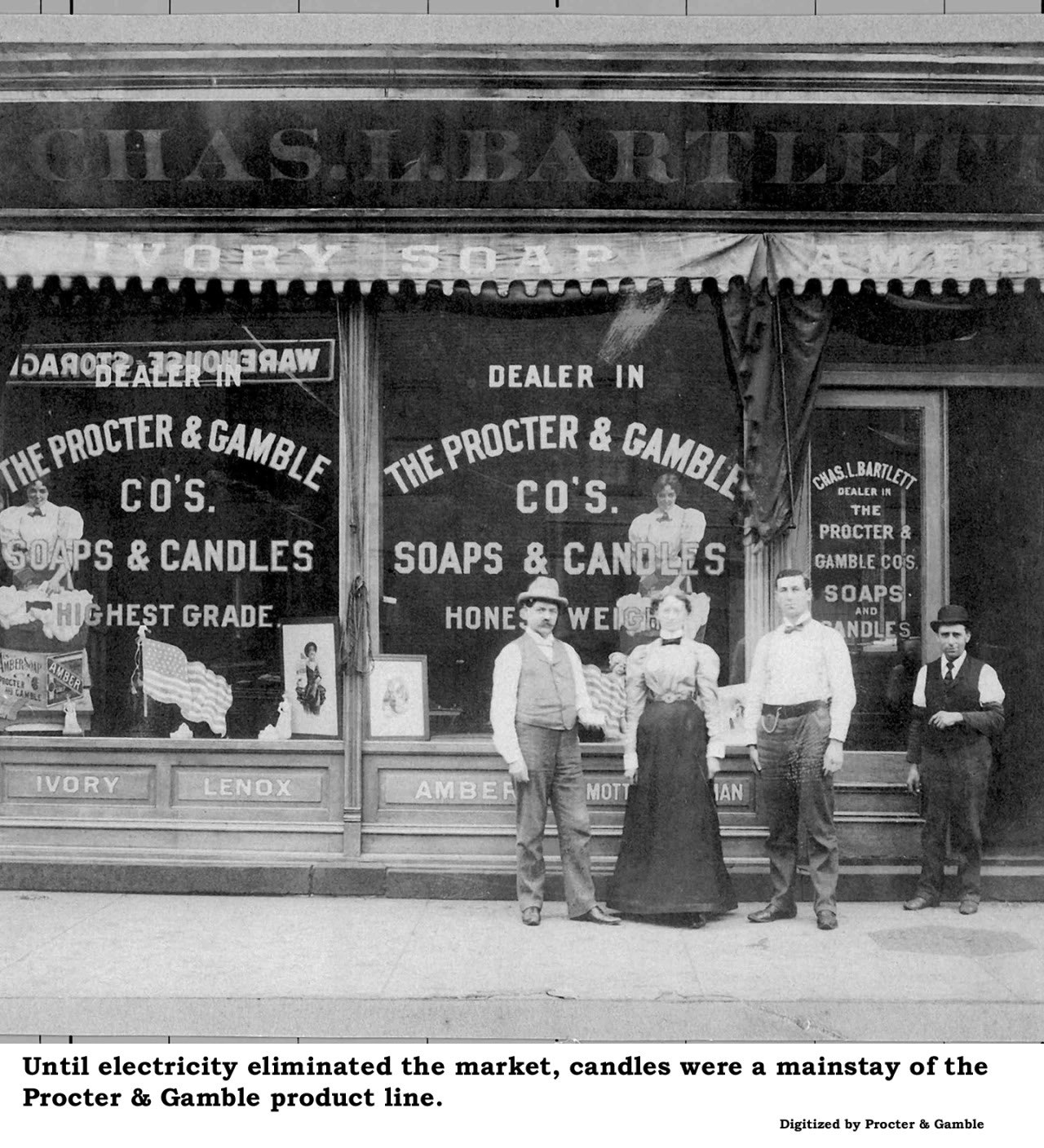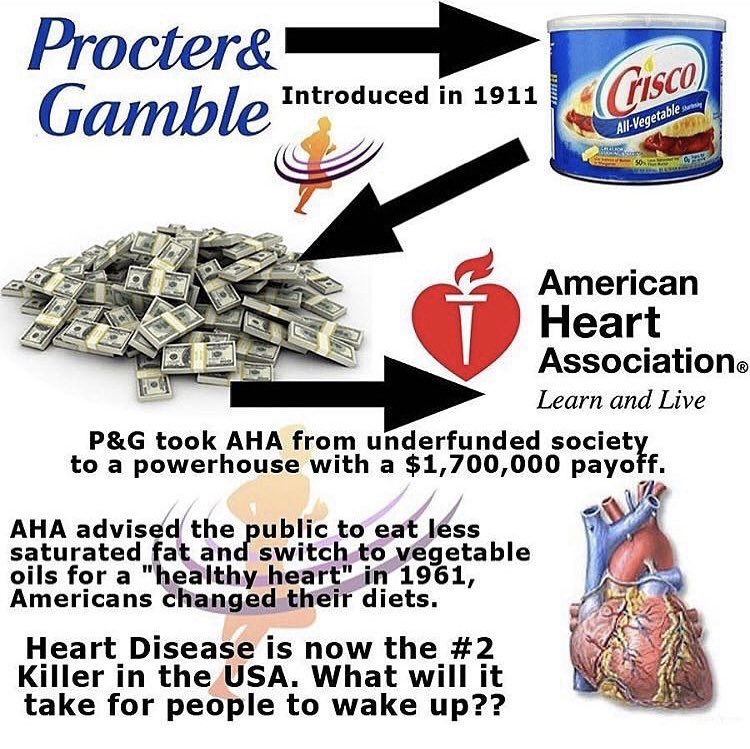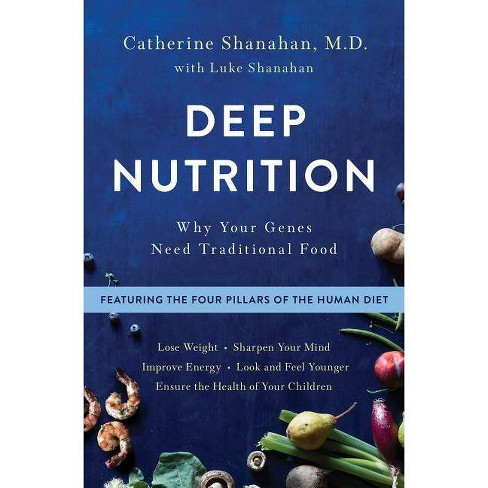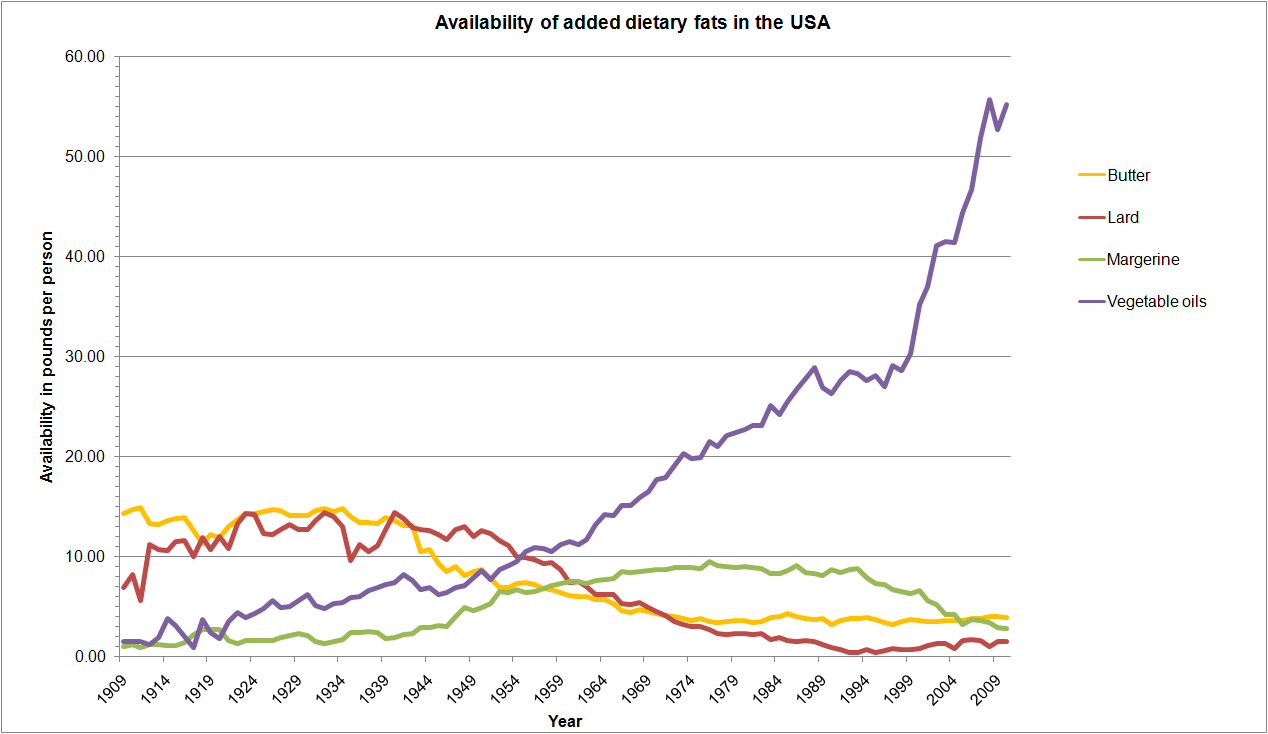Health Dangers of Vegetable oil

vegetable oil
Health Dangers of Vegetable Oil
This story is wild. If you are interested in esoteric health, you have probably seen the awakening around vegetable oils, more appropriately labeled “seed oils.”
Published on https://nobleorigins.com/blogs/articles/vegetable-oils-lubricant
Vegetable oils, or vegetable fats, are oils extracted from seeds or other parts of edible plants. Like animal fats, vegetable fats are mixtures of triglycerides. Soybean oil, grape seed oil, and cocoa butter are examples of seed oils or fats from seeds. Olive oil, palm oil, and rice bran oil are examples of fats from other parts of plants. In common usage, vegetable oil may refer exclusively to vegetable fats or liquid at room temperature. Vegetable oils are usually edible. 
Palm oil formed the basis of soap products, such as Lever Brothers’ (now Unilever) “Sunlight” and B. J. Johnson Company’s (now Colgate-Palmolive) “Palmolive, and by around 1870, palm oil constituted the primary export of some West African countries.
In 1780, Carl Wilhelm Scheele demonstrated that fats were derived from glycerol. Thirty years later, Michel Eugène Chevreul deduced that these fats were esters of fatty acids and glycerol. A German chemist, Wilhelm Normann introduced the hydrogenation of liquid fats in 1901, creating what later became known as trans fats. This led to the development of the global production of margarine and vegetable shortening.
In the United States, cottonseed oil was developed and marketed by Procter & Gamble as a creamed shortening – Crisco – as early as 1911. Ginning mills were happy to have someone haul away the cotton seeds. The extracted oil was refined and partially hydrogenated to give a solid at room temperature and thus mimicked natural lard and canned under nitrogen gas. Compared to the rendered lard Procter & Gamble was already selling to consumers, Crisco was cheaper, easier to stir into a recipe, and could be stored at room temperature for two years without turning rancid.
Soybeans are protein-rich, and the medium viscosity oil they rendered was high in polyunsaturated. Henry Ford established a soybean research laboratory, developed soybean plastics and soy-based synthetic wool, and built a car “almost entirely” out of soybeans. Roger Drackett had a successful new product with Windex, but he invested heavily in soybean research, seeing it as a smart investment. By the 1950s and 1960s, soybean oil had become the most popular vegetable oil in the US; today it is second only to palm oil. In 2018–2019, world production was at 57.4 MT, with the leading producers including China (16.6 MT), the US (10.9 MT), Argentina (8.4 MT), Brazil (8.2 MT), and the EU (3.2 MT).
Numerous studies have examined the health effects of vegetable oil consumption. A 2015 systematic review found that virgin olive oil significantly reduced cardiovascular disease. In general, fried food was not associated with higher cardiovascular disease, but it was associated with obesity.

Seed oils have completely pervaded Western nutrition and are largely responsible for the metabolic health crisis we are currently in.
Chances are, if you are eating dressings, marinades, sauces, mayonnaise, cookies, or anything fried, you are consuming seed oils.
We are metabolically failing as a country.
- 70% of American adults are overweight or obese.
- 7 out of 10 deaths are caused by chronic disease
- 1 in 3 Americans are diabetic or Pre-Diabetic.
It is safe to say that what we are doing is NOT working.
All we are told is that saturated fats are bad. However, when you look at the data, that rhetoric is flat-out wrong.
This article will explain what seed oils do to our metabolic health and why they must be avoided.

At this time, oils were used to fuel the Industrial Revolution. Petroleum Oil displaced cottonseed oil as the premiere lighting fuel source.
Cottonseed Oil was designated as “toxic waste” until P&G realized it could use all unwanted cottonseed oil to make soap.
P&G discovered that cottonseed oil could be altered via “hydrogenation” to turn into a cooking fat that resembles lard and acts as a fat replacement.
Crisco, P&G’s flagship product, was launched in 1911 and flourished.
The low costs of these vegetable oils made them incredibly popular in American kitchens.

- Canola
- Corn
- Cottonseed
- Soy
- Sunflower
- Safflower
- Grapeseed
- Ricebran

These oils are so industrial that they can power airplanes. Yes, you read that correctly.
In March 2022, The Airbus A380, a superjumbo jet, completed a trial flight powered on cooking oil.
Despite what the AHA and modern medicine is telling you, seed oils are NOT healthy. They are linked to numerous health problems:
- Asthma
- Autoimmune disease
- Mental Health
- Diabetes
- Obesity
- Heart Disease
- IBS / IBD
- Inflammation
- Infertility
Quitting seed oils was crucial to my healing my 6-year battle with Ulcerative Colitis through diet & lifestyle.
Seed oils are an evolutionary mismatch.

















